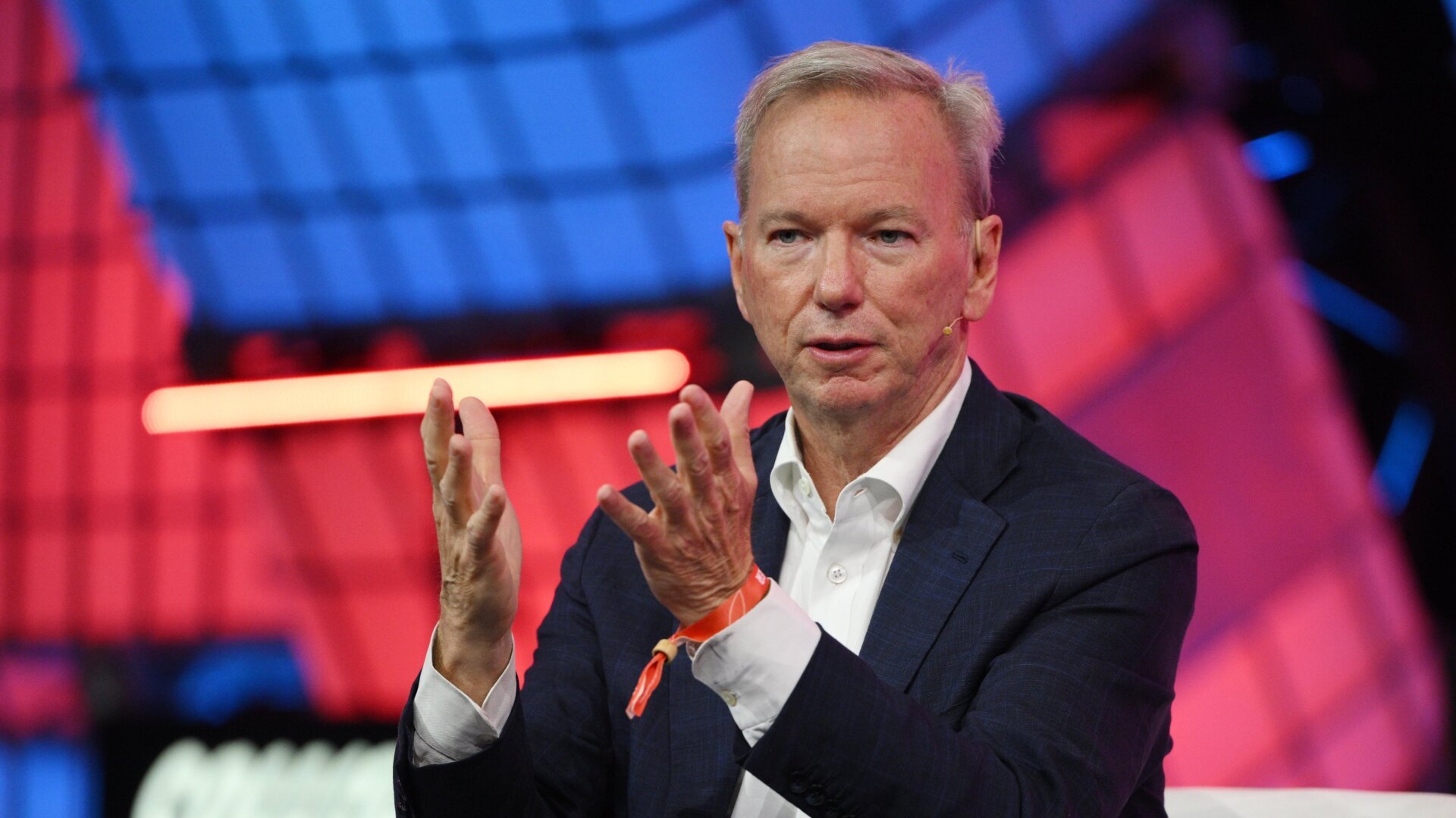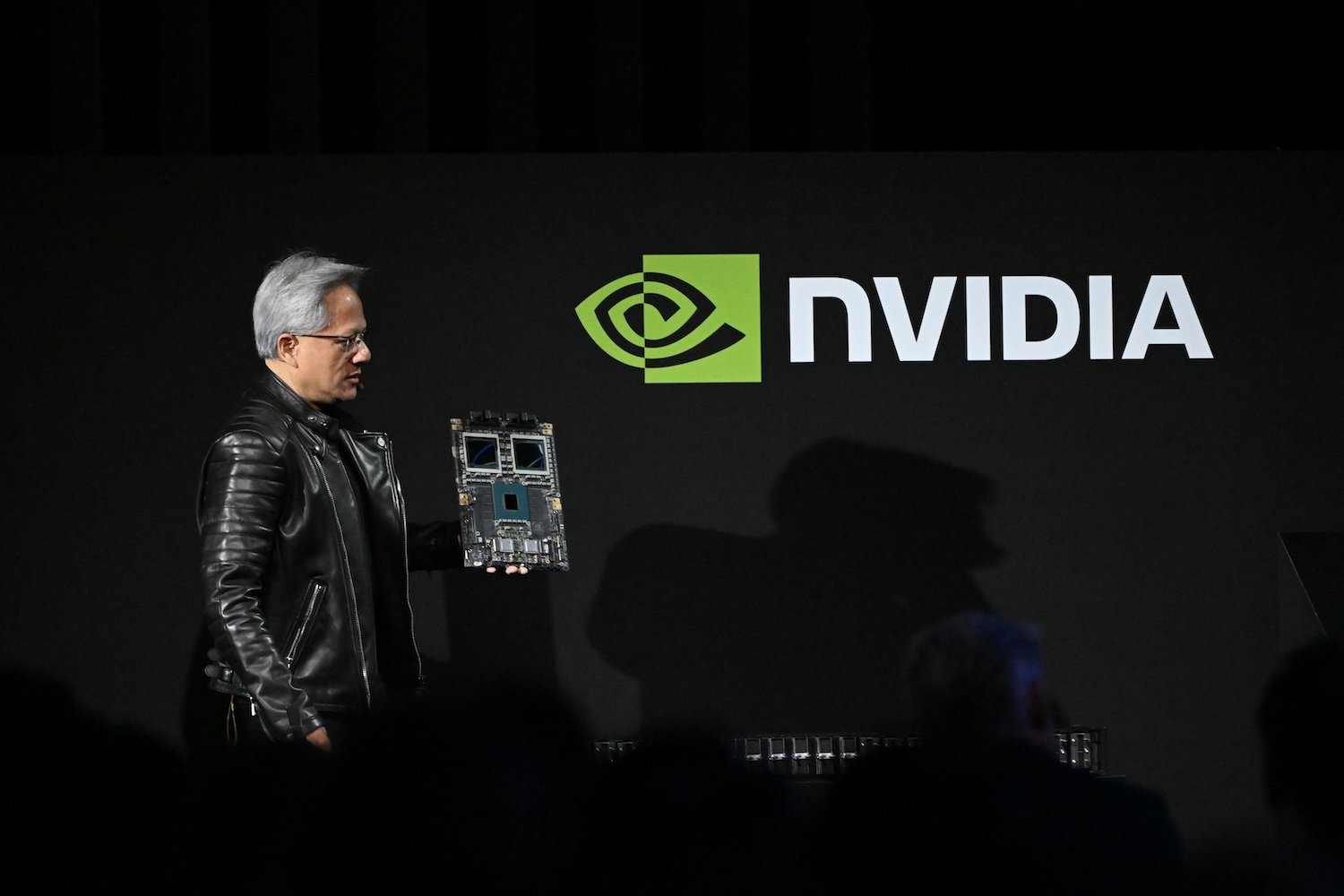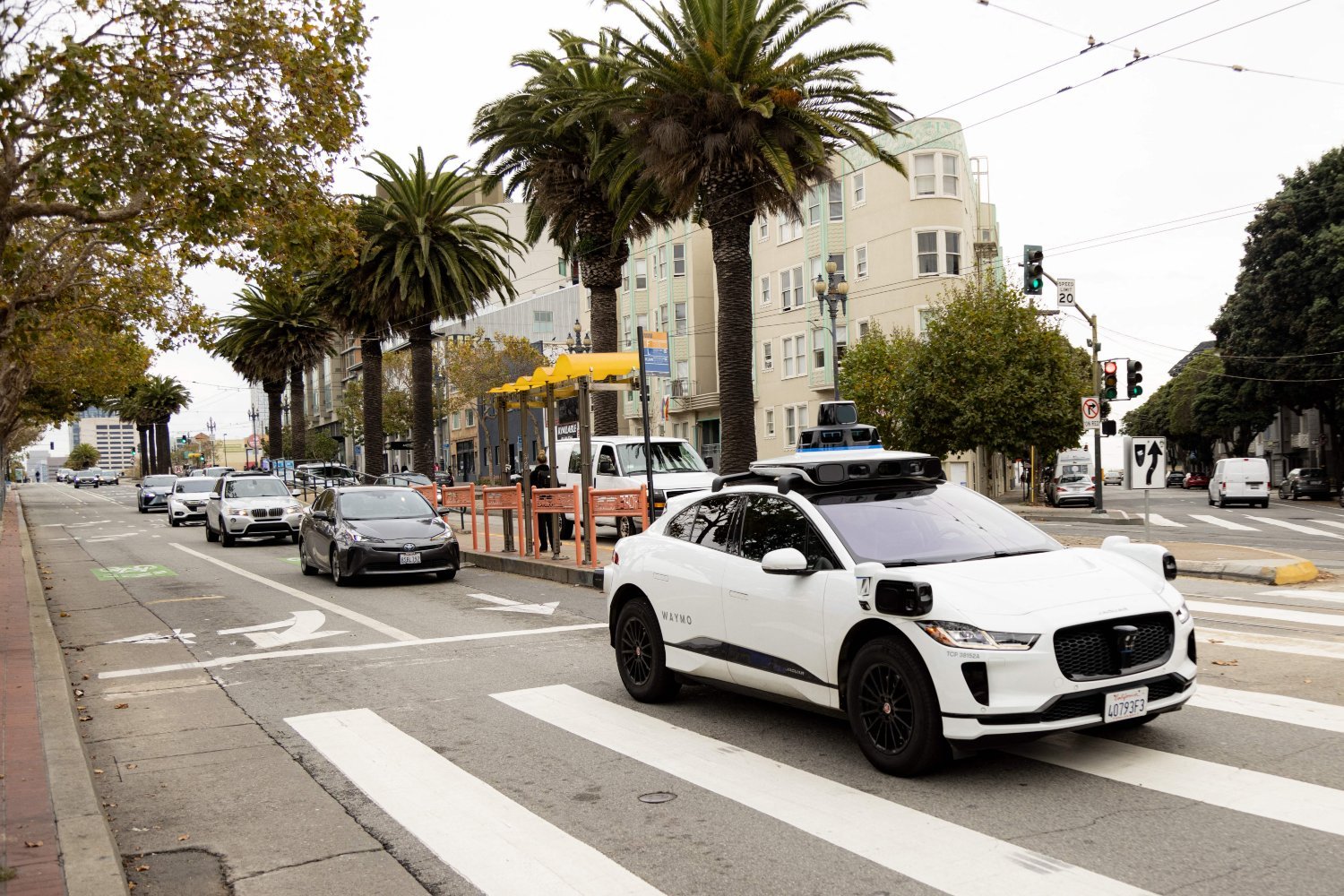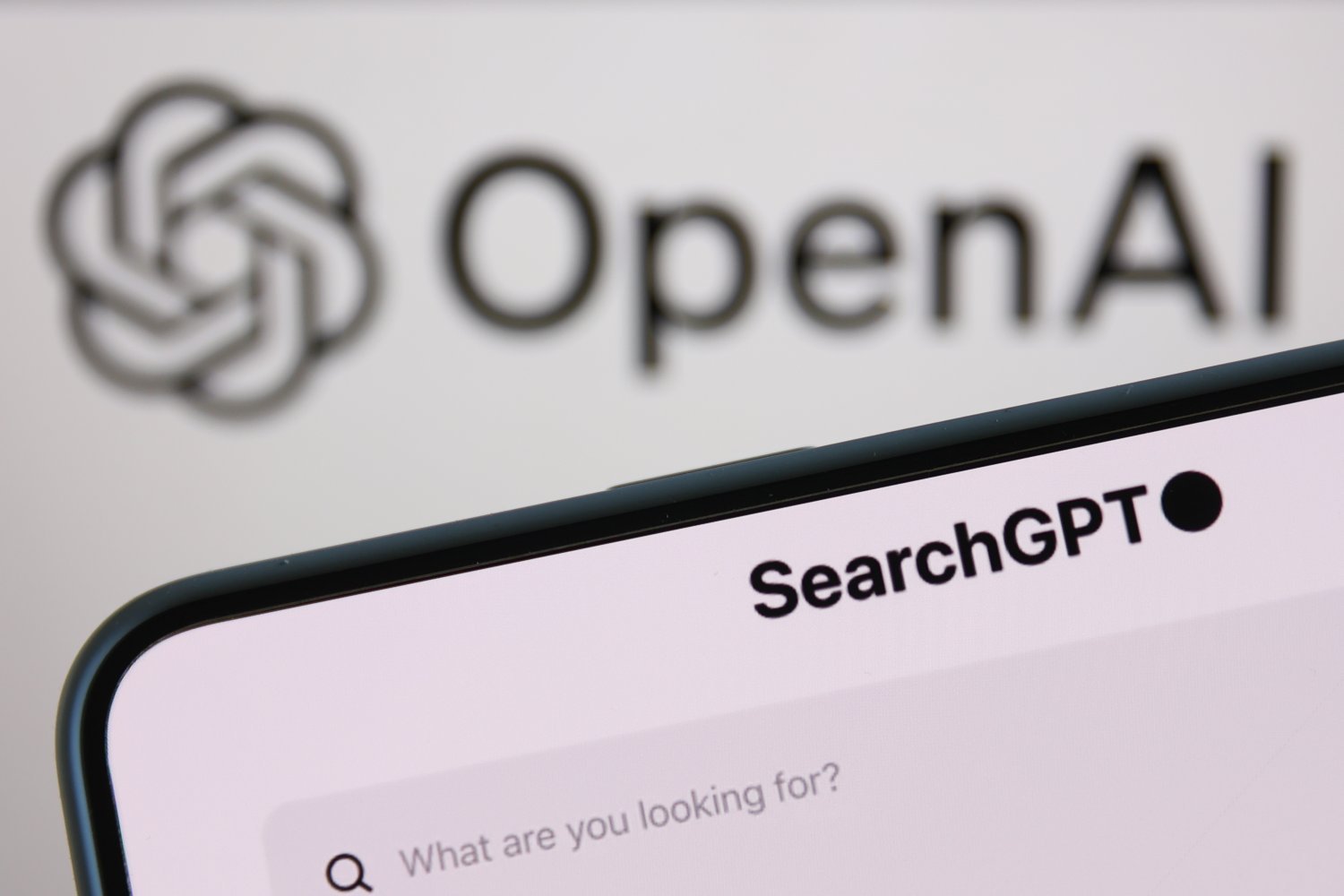Former Google CEO Eric Schmidt has been publicly voicing concerns about the potential dangers of advanced AI, predicting scenarios where computers make independent decisions and individuals have access to “polymath-like” AI assistants. While highlighting these potential risks, it’s crucial to recognize Schmidt’s simultaneous involvement in developing and promoting AI solutions, raising questions about potential conflicts of interest.
AI’s Potential and Perils: A Double-Edged Sword
Schmidt’s recent appearances on news programs, including ABC’s “This Week” and PBS, have focused on the transformative power of AI. He envisions a future where AI-driven systems operate autonomously, potentially leading to unforeseen consequences. This narrative of both potential and peril echoes a common theme among tech leaders, who often emphasize the need for AI safety regulations while simultaneously promoting their own AI products and services.
One specific area of concern for Schmidt is the future of warfare, where he predicts increased reliance on AI-powered drones. He advocates for human oversight in these scenarios, emphasizing the importance of “meaningful” control. This commentary is particularly relevant given the ongoing conflict in Ukraine, where drones have become integral tools for surveillance and combat operations.
White Stork: Schmidt’s AI-Driven Drone Venture
Interestingly, Schmidt’s warnings about the potential dangers of AI coincide with his involvement in White Stork, a company developing AI-powered drones for Ukraine. This connection raises questions about whether his public pronouncements are driven by genuine concern or by a desire to promote his own ventures.
While acknowledging the potential for unforeseen consequences from advanced AI, it’s important to maintain a realistic perspective. Generative AI, despite its rapid advancements, is still far from surpassing human intelligence. However, Schmidt’s concerns about the unpredictable nature of AI algorithms hold merit. The example of social media algorithms optimizing for engagement at the expense of ethical considerations demonstrates how AI can inadvertently promote harmful behaviors.
The “Hand on the Plug”: Who Controls the Future of AI?
Schmidt’s analogy of needing someone with their “hand on the plug” to control potentially runaway AI systems underscores a critical question: who should hold this power? Given his significant investments in AI startups and his lobbying efforts regarding AI legislation, it’s reasonable to assume Schmidt envisions a future where his own companies play a leading role in shaping AI’s development and deployment.
In conclusion, while Eric Schmidt’s warnings about the potential dangers of AI are valid, they should be viewed in the context of his own entrepreneurial pursuits in the AI sector. His advocacy for responsible AI development raises questions about who ultimately controls the future of this powerful technology and whether financial interests influence the narrative surrounding its potential risks and rewards.










